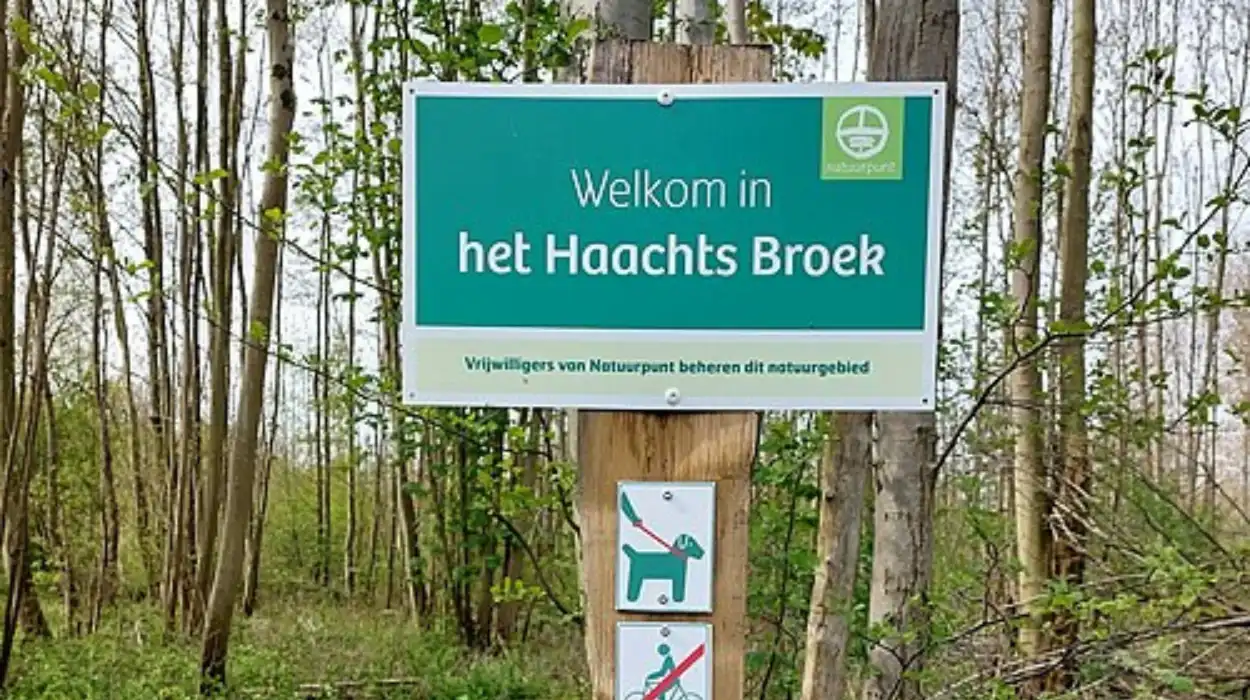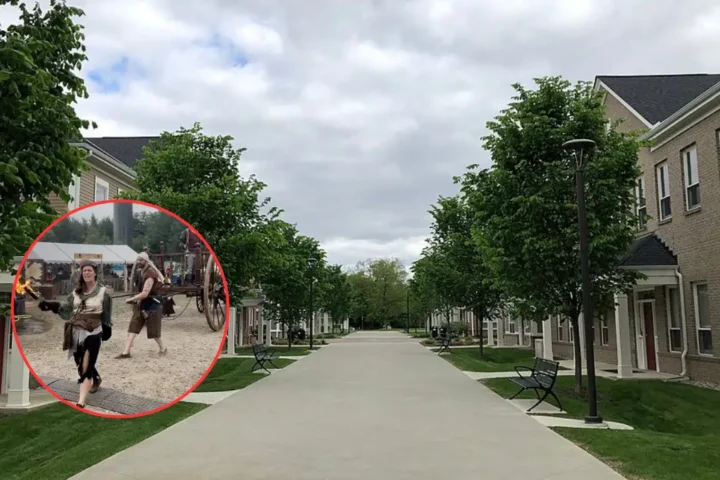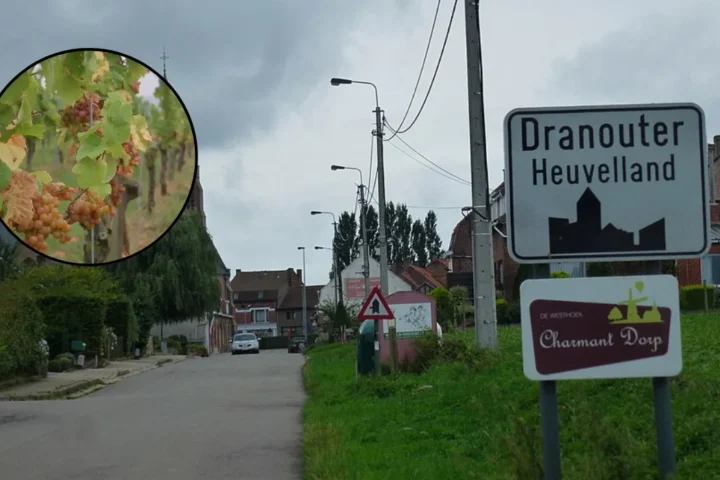Haacht (24brussels) – Starting Monday, Aug 18, 2025, Natuurpunt Haacht will begin the removal of American oaks in Haachts Broek, a nature reserve covering 160 hectares in the province of Flemish Brabant. According to Bernard Lemaitre from Natuurpunt Haacht, this initiative involves cutting down the invasive species over an area of 2 hectares to restore the balance of native flora and fauna.
VRT News reports that the decision comes as the American oaks have spread throughout a large section of the reserve where the presence of birds, flowers, and insects has dwindled significantly. The lack of wildlife poses a significant threat to the ecological health of the forest, as healthy woodland ecosystems require a diverse range of species to thrive. For now, the removal plan focuses exclusively on 2 hectares of the larger area.
Bernard Lemaitre highlighted the critical need for action, warning that unchecked growth of American oaks could lead to their domination of the entire forest. He stressed that without intervention, the forest may eventually consist entirely of this invasive species.
What will Natuurpunt Haacht’s oak removal do in Haacht’s Broek?
Experts assert that the cutting of these trees is essential for safeguarding native species and preventing the predominant establishment of a single non-native tree species. Natuurpunt Haacht has prepared plans to replant native varieties once the removal process is complete, which is expected to take approximately two months.
“I understand it seems strange to cut down so many trees, even if you know it’s an invasive species,”
Lemaitre explained the rationale behind the initiative.
“Yet, in the long run, it’s better. If we plant new, native species, they will attract many other organisms and revitalise the forest.”
In areas with a significant presence of American oaks, all trees will be cut down, while in sections where they coexist with other species, the team will selectively remove trees to maintain ecological balance.
“It will be a mix of beeches, hornbeams, summer oaks, and elms,”
states Lemaitre. The replanting of new trees is scheduled for the following year.
During the removal process, certain areas of the nature reserve will be closed to visitors. The felled timber will not go to waste; a forestry expert will repurpose the wood. Smaller branches will be processed for energy production, while thicker side branches will be utilized as firewood.
“The slightly thicker side branches will serve as firewood,”
Lemaitre added.
“The larger trees can be used to make planks.”
Haachts Broek is a significant nature reserve in Haacht, comprising 160 hectares of forests, wetlands, and meadows. Over the years, American oaks, native to the eastern United States and introduced to Europe in the 19th century, have proliferated, outcompeting local species. These trees are considered invasive, as they grow rapidly and disrupt the native ecosystem; one American oak supports merely 20 insect species compared to the 400 or more associated with native European oaks, undermining habitats for local wildlife.










